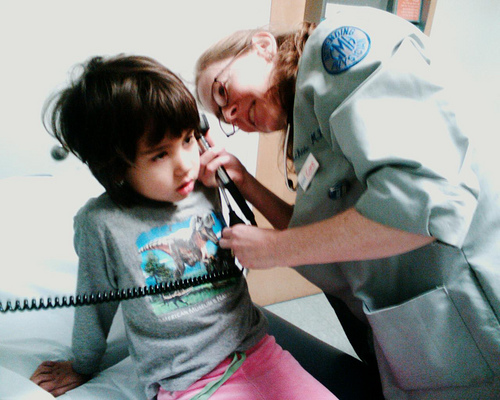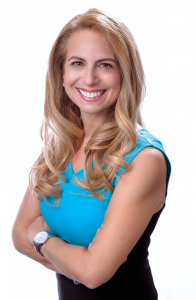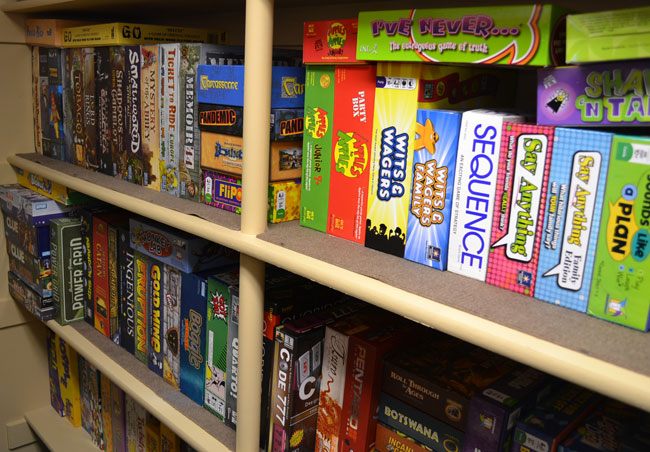As parents, my wife and I always try to perform cost-benefit analysis when our kids need professional or healthcare services. We all want the best for our children, but is that service worth the cost? This question often boils down to determining if it’s the right time for these services.
I’ll provide clarity on this important decision using an impactful research study. My goal is to help you better perform your own cost-benefit analysis when you feel your child may need a speech evaluation.
It’s important to understand that this article is devoted to speech clarity errors rather than language or cognitive development. I’m not addressing speech fluency here; one of the most common disorders being stuttering.

In 2018, two prominent Australian researchers and speech-language pathologists, Sharynne McLeod and Kathryn Crowe, published a highly influential study which looked into 27 major languages, on the ages that children are expected to acquire the speech sounds of their language.
Before this study was published, most speech pathologists relied on now fifty-year-old data to help determine whether the speech errors a child was making were age-appropriate (i.e. “normal” for that age group) or suggestive of a speech disorder. McLeod and Crowe’s data sent shockwaves through the world of speech pathology.
Speech pathologists thought that some of the trickiest-to-learn speech sounds can be misarticulated up to age 7, or even 8, without triggering a concern. The old data suggested therapists should recommend a “wait and watch” approach for a child who couldn’t pronounce [r] or [th] sounds at age 7.
One common issue is [th] and [r] are produced incorrectly in a 7-year-old that a good percentage of these children would spontaneously correct these speech errors without therapy.
McLeod and Crowe’s study examined many previous studies (termed a meta-analysis) and changed this thinking. They found that 90% of the speech sounds in a language should be acquired (i.e. correctly produced) by age 5! So whereas in years past, a 5 and a half-year old presenting with a challenge in saying his/her [s] and [sh] sounds might be told to wait a year before going to therapy, this new guidance would more strongly support intervening right away.
Each case is unique and is best informed by a comprehensive speech evaluation by a trained Pathologist. However, McLeod and Crowe’s work suggests a more proactive approach earlier in a child’s development. This applies broadly to children’s speech development as well.
Knowing language history, bilingualism, and family speech disorders is critical for clinical decision making. This boils down to a maxim: when in doubt, evaluate!
This study further underscores the potential urgency of the situation. The watchful waiting approach may actually be the best one, but you won’t know that without getting all the facts.
Best of luck in your family’s speech journey. Please share this article with someone who needs help with determining when the time is right for a professional speech evaluation.
By Gordy Rogers, M.S. CCC-SLP
**References “Children’s Consonant Acquisition in 27 Languages: A Cross-Linguistic Review”
by Sharynne McLeod and Kathryn Crowe




 First, the therapist will conduct an initial interview. They will ask you questions about your child’s developmental history, family background, your family’s daily routine, feeding preferences, and wishes for therapy.
First, the therapist will conduct an initial interview. They will ask you questions about your child’s developmental history, family background, your family’s daily routine, feeding preferences, and wishes for therapy.




